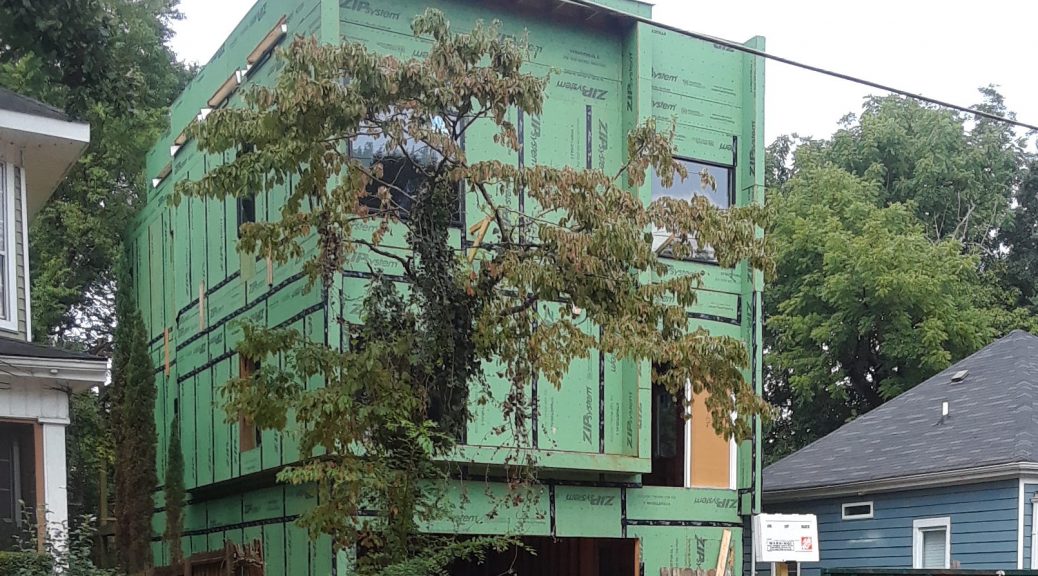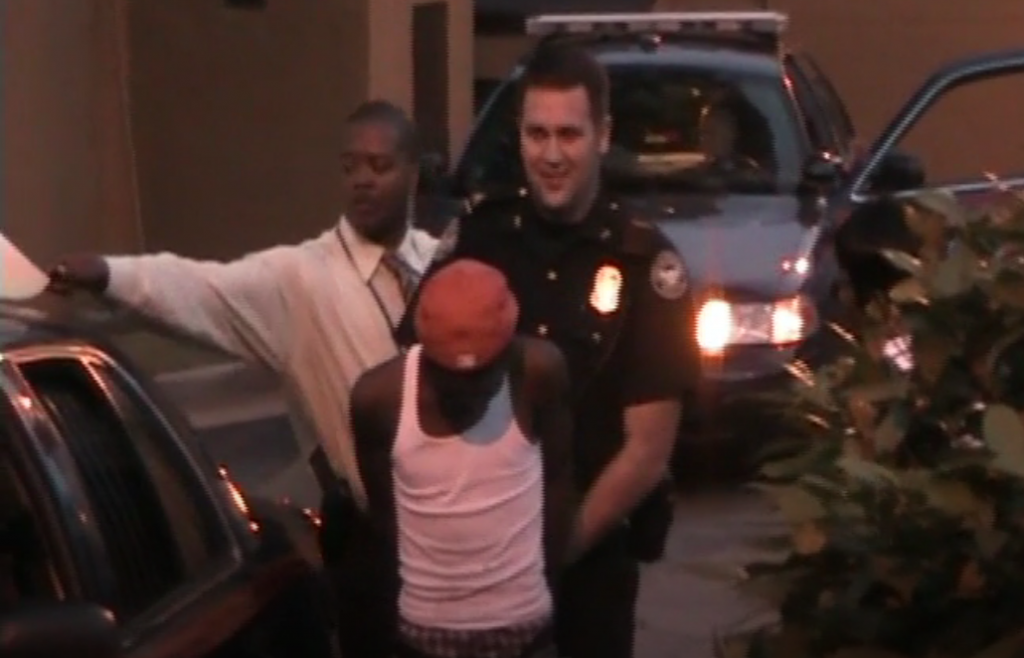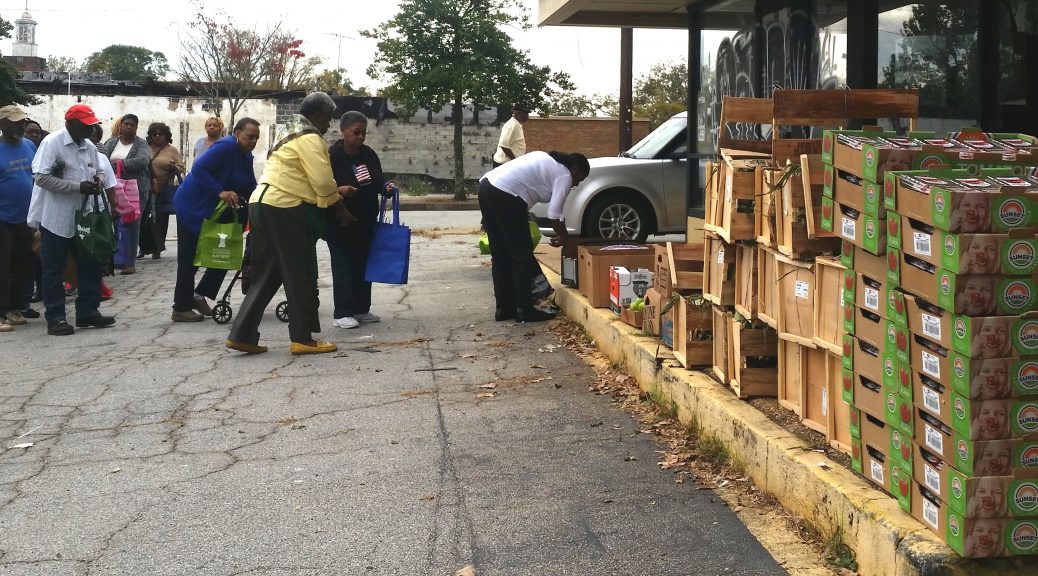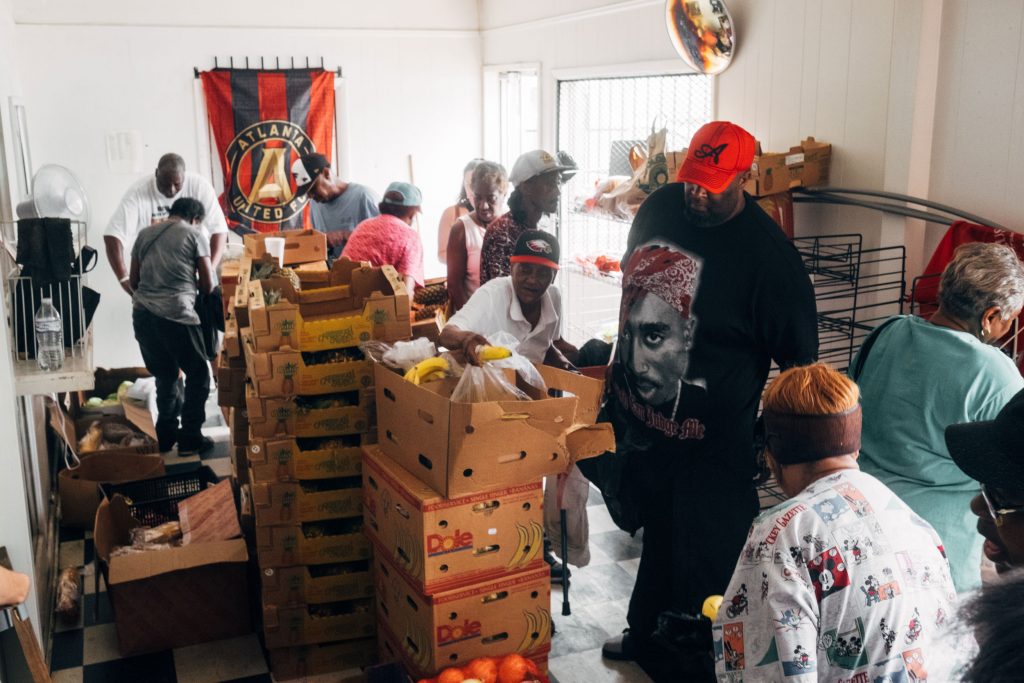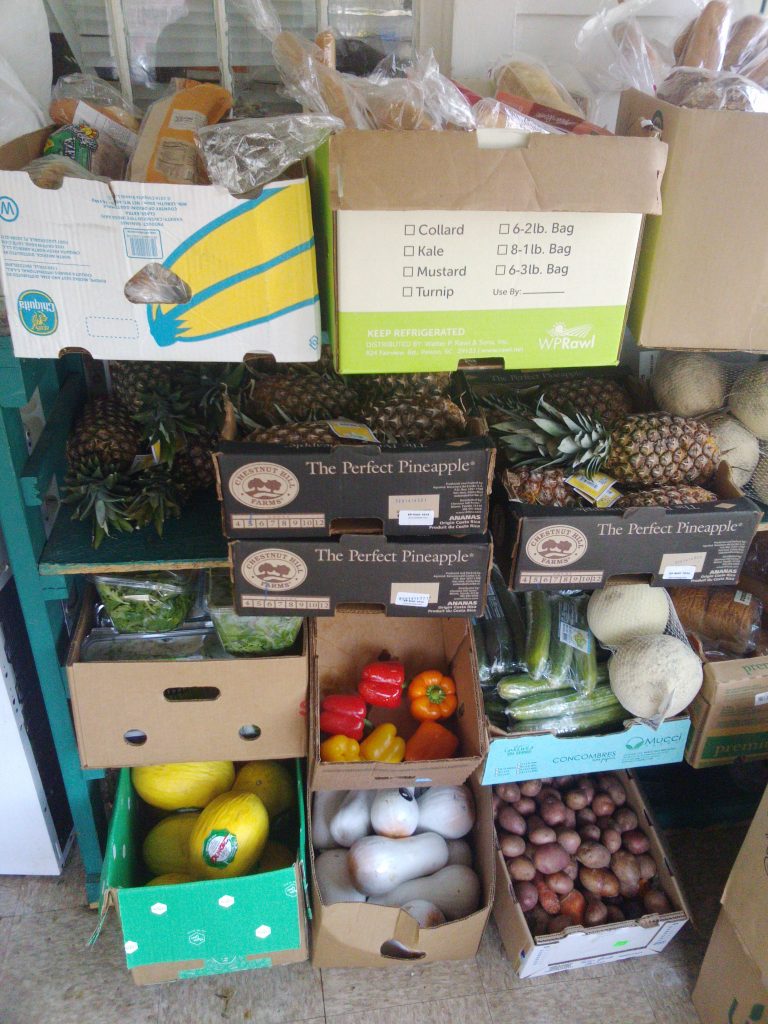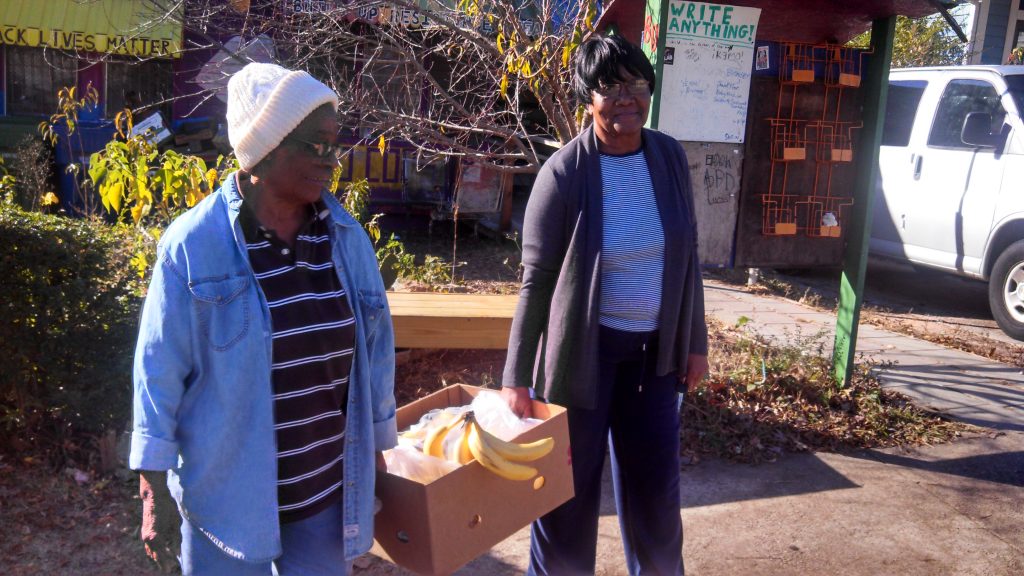Every month, Atlanta Anarchist Black Cross sends out a newsletter to about 125 prisoners who have expressed an interest in getting it. This month, in honor of the nationwide prison strike, we sent the issue out a bit early to give updates and encouragement. The newsletter goes to over a dozen prisons, mostly in Georgia. It contains news and updates about ways that prisoners are resisting the unjust conditions of their confinement, from protests and hunger strikes to legal actions. Prisoners write contributions, everything from poetry and art to social commentary and opinion pieces and updates about their own struggles for resistance. By responding to pieces from previous months, they are able to set up a sort of dialogue and express support and solidarity with each other.
The newsletter gets passed around from prisoner to prisoner, and each issue contains a note saying to write us if you want to get added to the mailing list. So the list of prisoners who receive it grows slightly each month. We have contact with several prisoners who are particularly down for the struggle and well connected with others in their prisons, so we get several new requests for the newsletter each month from them alone.
All told, each letter costs about $0.55 to mail, including stamps, envelopes, paper, and toner. We are only restricted in how many we can mail out by the amount of money we are able to fundraise. Each time we have a mailing, we pass the hat, and each attendee throws in a couple bucks. So far that has been enough to float our mailing each month, but money is tight for Atlanta Anarchist Black Cross.
How You Can Help
If you want to contribute content to the newsletter to update prisoners about things relevant to them, like struggles going on in other prisons, you can send us a piece and we will get it into the next newsletter. You can write it yourself or find it on the Internet.
You can follow Atlanta Anarchist Black Cross on Facebook and get updates about when the mailings go out, and come help us fold, stamp and seal the envelopes.
We always need money; you can contribute or hold a fundraiser, and get in touch via ATLblackcross.org.
Another huge need is pen pals for prisoners. It can be very isolating and disheartening to be in prison, and knowing that someone on the outside remembers them and cares can be a literal lifesaver. Each letter they receive means so much, far more than the effort that it takes you to write. You can set up an account at jpay.com and exchange emails with some prisoners (in some prisons they have access to tablets so they can email). If you would like to write one of the prisoners on our mailing list who expressed interest in having a penpal or need help with tasks from someone on the outside, get in touch via the website. There is a guide to writing prisoners on the website to get you started.
However you choose to contribute, your support is vital for prisoners who are brave enough to put everything on the line for their rights.

